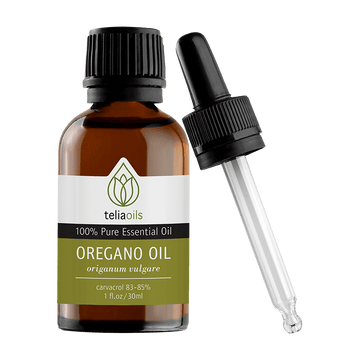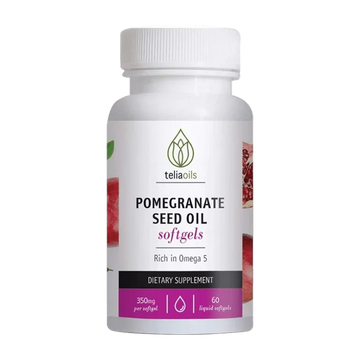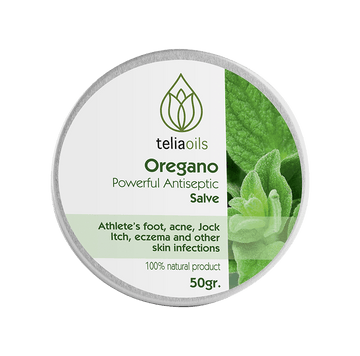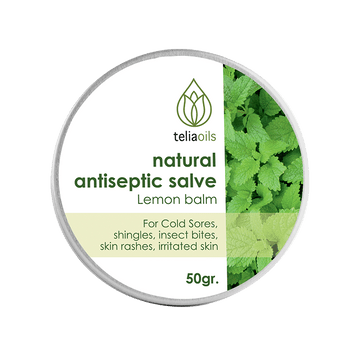What Foods Cause Ear Infections in Dogs? Identifying Dietary Triggers for Your Canine Companion
by Dimitris Zikos on Aug 26, 2024
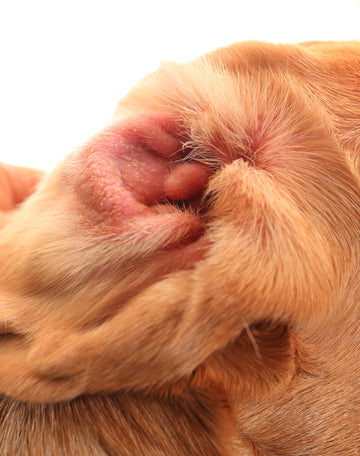
Ear infections are a common issue faced by dogs, and while various factors can contribute to their development, food plays a significant role in some cases. Identifying and eliminating dietary triggers can help prevent recurrent ear infections and maintain your dog's overall health. In this article, we will explore the foods that can cause ear infections in dogs and discuss how to address these dietary concerns.
Common Foods Linked to Ear Infections in Dogs
Allergens: Allergies are a leading cause of ear infections in dogs. Food allergens can trigger an immune response, causing inflammation and increased production of earwax, which creates a favorable environment for bacterial or yeast overgrowth. Some common food allergens for dogs include:
Beef
Dairy products
Chicken
Wheat
Soy
Corn
Sugars and simple carbohydrates: Foods high in sugars and simple carbohydrates can contribute to yeast overgrowth in the ear, leading to ear infections. These foods include:
Processed dog treats
Dog foods containing added sugars
Foods high in simple carbohydrates like white rice or white bread
Poor-quality dog food: Low-quality dog foods often contain fillers and artificial additives that can cause inflammation and weaken the immune system. This can make your dog more susceptible to ear infections.
Identifying and Addressing Food-Related Ear Infections
If you suspect that your dog's ear infections may be food-related, consider the following steps:
Consult with your veterinarian: Your veterinarian can help identify the cause of your dog's ear infections and recommend an appropriate course of action, such as dietary changes or allergy testing.
Implement an elimination diet: An elimination diet involves removing potential food allergens from your dog's diet for a set period, typically 6-8 weeks, and then gradually reintroducing them one at a time to identify the trigger. Your veterinarian can provide guidance on how to carry out an elimination diet for your dog.
Choose high-quality dog food: Select a high-quality dog food made with natural, whole-food ingredients and free from common allergens, artificial additives, and excessive sugars. This can help support your dog's immune system and reduce inflammation.
Opt for hypoallergenic dog food: Hypoallergenic dog foods are formulated to reduce the risk of food allergies and may be a suitable option for dogs prone to ear infections. These diets often contain novel protein sources and limited ingredients to minimize potential allergens.
Maintain proper ear hygiene: Regularly cleaning your dog's ears and monitoring for signs of infection can help prevent recurrent ear infections. Consult your veterinarian for guidance on proper ear cleaning techniques.
Certain foods can contribute to ear infections in dogs, particularly those containing common allergens or high levels of sugars and simple carbohydrates. By working closely with your veterinarian and making appropriate dietary changes, you can help reduce the risk of recurrent ear infections and support your dog's overall health. Remember that each dog is unique, and what works for one may not work for another. Regular communication with your veterinarian and close monitoring of your dog's condition will ensure the best outcomes for your canine companion.

